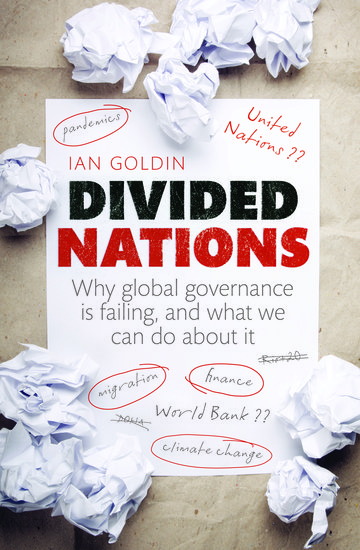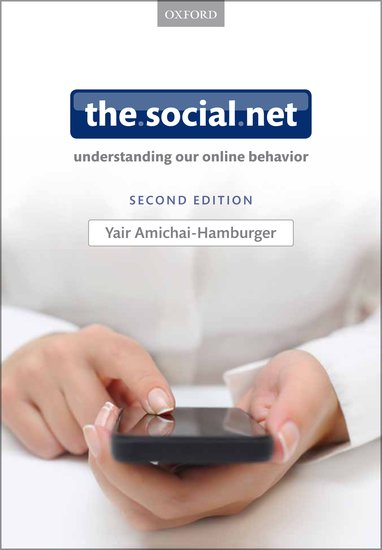Buyer Beware: The case of Lysol disinfectant
By Kristin Hall
As North Americans, should we have confidence that the products we purchase are safe? Should we trust that manufacturers and advertisers keep consumer welfare in mind during the marketing process – from product conception to point of purchase? Of course we should. One would hope that corporations would have a sense of moral responsibility to act in the best interest of their customers.





















